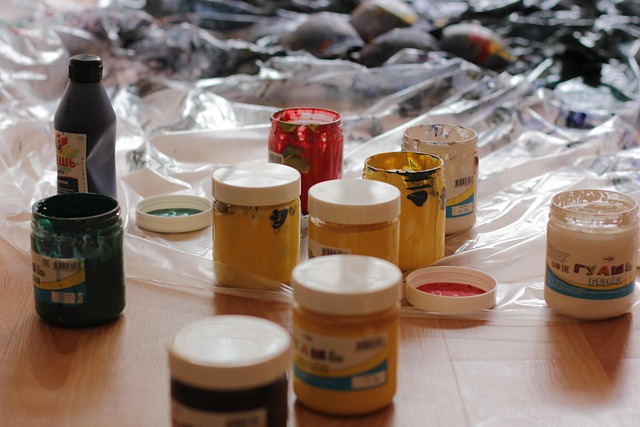
Maternal Bonding
Understanding Maternal Bonding
Maternal bonding is one of those topics that can make you feel all warm and fuzzy inside—like a cozy blanket on a chilly day. It refers to the emotional connection that forms between a mother and her infant, and it’s often characterized by those sweet, heart-melting moments when a mother gazes at her baby and thinks, “Wow, I made this tiny human. What was I thinking?” 😅
But let’s not kid ourselves; bonding isn’t always a walk in the park. It’s a complex interplay of feelings, behaviors, and sometimes, a bit of chaos. Think of it as a roller coaster ride where you’re not quite sure if you’re going to scream in delight or sheer terror. Spoiler alert: it’s usually a mix of both!
The Science Behind the Bond
Research has shown that the bond a mother forms with her baby can significantly affect the child’s development. According to studies, like those by Klaus and Kennell in 1982, a strong maternal bond can lead to positive parenting behaviors and better cognitive and neurobehavioral development in children. This means that when mom is in sync with her little one, it’s not just a win for their relationship—it’s a win for the child’s future as well!
What’s the Difference Between Bonding and Attachment?
Now, before you start mixing up your terms like a toddler with finger paints, let’s clarify: maternal bonding and attachment are not the same thing. Bonding is the initial emotional connection, often happening in those early days post-birth, while attachment is the deeper emotional tie that develops over time. Think of bonding as the first spark of a fire, and attachment as the steady flame that keeps it going. 🔥
Factors Influencing Maternal Bonding
Several factors can influence how strong that initial bond becomes:
- Physical Contact: Skin-to-skin contact right after birth can promote bonding. It’s like a VIP pass to the emotional connection club!
- Emotional State: A mother’s mental health plays a crucial role. Stress, anxiety, and postpartum depression can hinder bonding, making it essential for mothers to seek support.
- Support System: Having a strong support network can help new moms navigate the ups and downs of motherhood, which can enhance bonding.
- Time: Sometimes, it just takes a little while for that bond to form. Patience is key—like waiting for a cake to bake!
Tips for Strengthening Maternal Bonding
So, how can mothers strengthen that all-important bond with their little bundles of joy? Here are a few tips to consider:
- Spend Quality Time: Engage in activities like cuddling, singing, or simply talking to your baby. Trust us; your baby might not understand your words, but they will soak in your love!
- Be Present: Put away distractions (yes, that means your phone) and focus on your baby. They’ll appreciate the undivided attention, and so will you.
- Respond to Cues: Pay attention to your baby’s signals. Crying, cooing, or even those adorable little smiles are their way of communicating with you.
- Practice Self-Care: Remember, a happy mom makes for a happy baby. Take time to recharge, whether it’s a bubble bath, a walk, or a guilty-pleasure TV show binge.
Final Thoughts
In the end, maternal bonding is a beautiful, intricate dance that can lead to a lifetime of love and connection. While it may not always be easy, it’s certainly worth the effort. So, embrace the chaos, the giggles, and the occasional spit-up, and remember that every moment spent nurturing that bond is a step toward a brighter future for both mom and baby. After all, who wouldn’t want to be part of such a heartwarming journey? 💖

















 Exploring "Slipping Into Darkness"
Exploring "Slipping Into Darkness" 
 Health
Health  Fitness
Fitness  Lifestyle
Lifestyle  Tech
Tech  Travel
Travel  Food
Food  Education
Education  Parenting
Parenting  Career & Work
Career & Work  Hobbies
Hobbies  Wellness
Wellness  Beauty
Beauty  Cars
Cars  Art
Art  Science
Science  Culture
Culture  Books
Books  Music
Music  Movies
Movies  Gaming
Gaming  Sports
Sports  Nature
Nature  Home & Garden
Home & Garden  Business & Finance
Business & Finance  Relationships
Relationships  Pets
Pets  Shopping
Shopping  Mindset & Inspiration
Mindset & Inspiration  Environment
Environment  Gadgets
Gadgets  Politics
Politics 